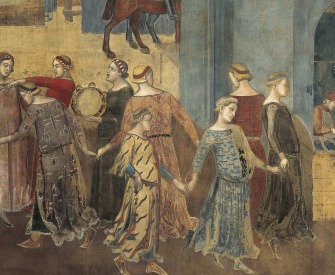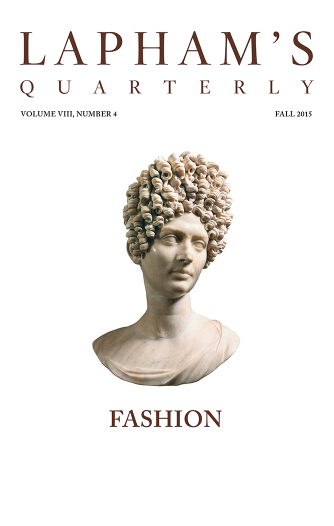Men are able to assist fortune but not to thwart her. They can weave her designs, but they cannot destroy them.
—Niccolò Machiavelli, 1531Self-Fulfilling Prophecy
Giving in to the inevitable.
So common is the pattern of the self-fulfilling prophecy that each of us has his favored specimen. Consider the case of the examination neurosis. Convinced that he is destined to fail, the anxious student devotes more time to worry than to study and then turns in a poor examination. The initially fallacious anxiety is transformed into an entirely justified fear. Or it is believed that war between two nations is inevitable. Actuated by this conviction, representatives of the two nations become progressively alienated, apprehensively countering each “offensive” move of the other with a “defensive” move of their own. Stockpiles of armaments, raw materials, and armed men grow larger, and eventually the anticipation of war helps create the actuality.
The self-fulfilling prophecy is, in the beginning, a false definition of the situation evoking a new behavior which makes the originally false conception come true. The specious validity of the self-fulfilling prophecy perpetuates a reign of error. For the prophet will cite the actual course of events as proof that he was right from the very beginning.
It is the self-fulfilling prophecy which goes far toward explaining the dynamics of ethnic and racial conflict in the America of today.
As a result of their failure to comprehend the operation of the self-fulfilling prophecy, many Americans of goodwill (sometimes reluctantly) retain enduring ethnic and racial prejudices. They experience these beliefs, not as prejudices, not as prejudgments, but as irresistible products of their own observation. “The facts of the case” permit them no other conclusion.
Thus our fair-minded white citizen strongly supports a policy of excluding Negroes from his labor union. His views are, of course, based not upon prejudice, but upon the cold hard facts. And the facts seem clear enough. Negroes, “lately from the nonindustrial South, are undisciplined in traditions of trade unionism and the art of collective bargaining.” The Negro is a strikebreaker. The Negro, with his “low standard of living,” rushes in to take jobs at less than prevailing wages. The Negro is, in short, “a traitor to the working class” and should manifestly be excluded from union organizations. So run the facts of the case as seen by our tolerant but hardheaded union member, innocent of any understanding of the self-fulfilling prophecy as a basic process of society.
Our unionist fails to see, of course, that he and his kind have produced the very “facts” which he observes. For by defining the situation as one in which Negroes are held to be incorrigibly at odds with principles of unionism and by excluding Negroes from unions, he invited a series of consequences which indeed made it difficult if not impossible for many Negroes to avoid the role of scab. Out of work after World War I, and kept out of unions, thousands of Negroes could not resist strikebound employers who held a door invitingly open upon a world of jobs from which they were otherwise excluded.
History creates its own test of the theory of self-fulfilling prophecies. That Negroes were strikebreakers because they were excluded from unions (and from a wide range of jobs) rather than excluded because they were strikebreakers can be seen from the virtual disappearance of Negroes as scabs in industries where they have gained admission to unions in the last decades.
The initial definition of the situation which has set the circle in motion must be abandoned. Only when the original assumption is questioned and a new definition of the situation introduced, does the consequent flow of events give the lie to the assumption. Only then does the belief no longer father the reality.
© 1949, 1957 by The Free Press. Used with permission of Free Press, a Division of Simon & Schuster, Inc.

Robert K. Merton
From Social Theory and Social Structure. Beginning in the 1940s at Columbia University, Merton collaborated with Paul Lazarsfeld for over thirty years, their work strongly influencing the development of social science and also giving rise to the concept of focus groups. Merton invented the terms “self-fulfilling prophecy,” “unintended consequences,” and “role model.” His son, Robert C. Merton, received the Nobel Prize in Economic Science in 1997. Merton died in 2003 at the age of ninety-two.




